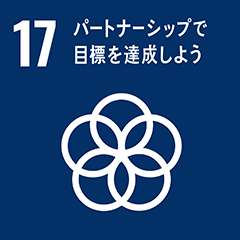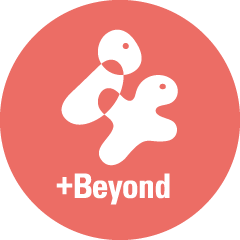Inochi Declaration
Understand the worldviews of those in different positions, turn our eyes to the sources that sustain the economy, and realize a sustainable society through leadership that connects us with those sources.
At the NPO Miratsuku, they have worked to foster natural cooperation through dialogue among people from diverse backgrounds, creating shifts where common ground emerges. This has taken shape through forums and largescale workshops, the building of cross-sectoral collaborations in projects, publications, online media operations, and the creation of physical hubs for interaction.
Physicist David Bohm, in his book Dialogue, describes the essence of dialogue as coherence, a state in which wavelengths of light align and amplify. Miratsuku regards dialogue not as mere reciprocal communication, but as an act in which individuals—who are inherently different—attune their tone to one another. To support such dialogue, what is required is “servant leadership”—not leadership that directs or commands, but leadership that dedicates itself in service to others, fostering mutual trust and rebuilding relationships where natural concern and shared responsibility can flourish.
At Miratsuku, they believe leadership is cultivated by encountering diverse values and listening deeply through dialogue. Leadership nurtures dialogue, and dialogue expands leadership—this dual cycle of inward and outward flow has been central to our practice. As people harmonize their tone through dialogue, they develop mutual respect for each other’s values and worldviews. Since the initiative began in 2008, it has grown to include engagements with tens of thousands of individuals, over 300 ollaborative corporate projects, and outreach through books and media. In 2021, they launched esse-sense Inc., intensifying our work to build focused relationships between researchers and business communities. Even between these groups—often perceived as divided by differing values—dialogue naturally fosters relationships of mutual care.
Going forward, Miratsuku will continue its activities to realize a world where respect and the circulation of value are extended to those who support the sources that generate what sustains our economy.
In March 2017, after 140 years of legal struggle and negotiation, the New Zealand Parliament unanimously passed the Te Awa Tupua (Whanganui River Claims Settlement) Act. Through this legislation, the Whanganui River (including its basin and tributaries) was recognized as a single, indivisible living being, and granted legal personhood. As a result, the existence of natural capital—the source behind resources— was formalized not only for those who personally value it, but for all members of society governed by New Zealand’s legal framework. As this case in New Zealand demonstrates, we still hold great potential to cultivate broader, richer relationships and the actions they inspire.
The invisible values categorized as “natural capital”, “cultural capital”, “intellectual capital”, and “social capital” have long supported economic activity from behind the scenes as foundational sources. Severing these sources from the economy undermines its sustainability and may lead to exploitative, one-sided relationships. Miratsuku aims to make these four types of capital—these sources—visible, to recognize and honor their existence, and to realize a society where a more expansive cycle of economy, born from this recognition, becomes the norm. They believe that the key to this lies in leadership that links the “source”, the “resource”, and “our lives,” and contributes to rebuilding the world.
The Inochi Forum, like Miratsuku and esse-sense, aims to realize a sustainable society by fostering leadership that, through dialogue, helps us understand the worldviews of others, turns our attention to the sources sustaining our economy, and connects those sources to our lives.
[References]
・Miratsuku
・esse-sense Inc.
https://esse-sense.com/
[Action Platform]
Diversity and Inclusion
[SDGs]



